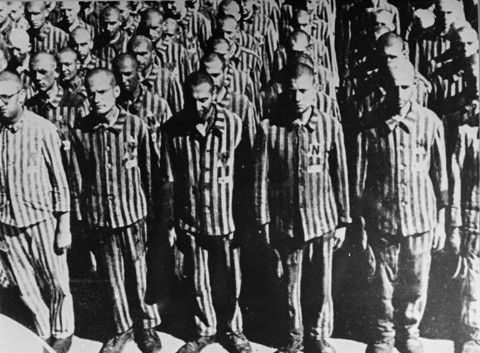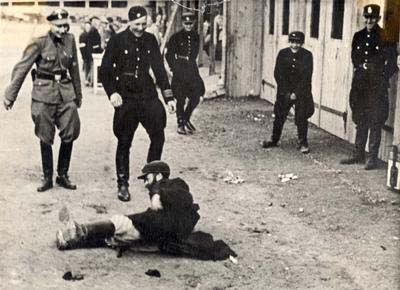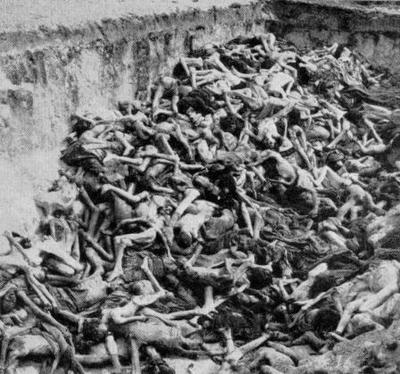
For those of you who did not read the comments section, he wrote: “My God was cremated during the Holocaust.”
He is not alone in feeling that way. Many Holocaust survivors, including my own father, felt that way.
They questioned God’s existence: How could God allow Auschwitz, allow the Nazis to incinerate innocent children, not to mention the many rabbis who honestly and loyally worshipped God.
Where was God when this was going on?
The God the Holocaust survivors denounced is a Zeus-like God who fell asleep at the wheel, allowing these atrocities to occur.
Yes, Kalmar, I agree with you: that kind of God, Zeus like, all powerful and that is responsible for everything that happens on earth, does not exist.
My kind of God, however, that is a system, governed by a formula that makes the world function, is here now and forever.
Here is an analogy to make my point.

That all-powerful brain does not exist. What does exist is a system of organs that interact and a formula that directs it. For instance, if you eat, sleep, and exercise regularly, you will be sick less often, and live longer. If you are eating sugar, oil, salt and processed foods excessively, it will make you obese and eventually very sick. There is no external “manager” of the body, mind, emotions, and spirit. They are all self-managed by a formula.
Who should protect our body? We should. Stop looking for Papa to take care of you. We are responsible for what ever happens on earth too. All that God is, is a system of rules that if we do not follow we will be in trouble and if we follow we will not be in trouble.
Who created the formula? No one. Do not go back to Zeus again looking for the creator or manager. The formula evolved and is still evolving, and we are perpetually trying to understand it.
My understanding of the formula that governs the world is that it is absolute, holistic love—in other words, total integration, and integration is a function of MT&R.
So where was God during the Holocaust? He was there and the formula explains what happened: The Holocaust happened because love was replaced by hate. The Holocaust was a manifestation of disintegration: political, social, and religious disintegration. Racism is one of the causes of disintegration, as well as a manifestation of the lack of trust and respect for others.
If you accept that God is a system of parts and relationships with a formula, the Holocaust and “God” can co-exist, like the brain and the disease of the body can co exist.

But love has to be protected. Why? Because it is easy to hate, and much more difficult to love. When hate raises its ugly head, those who love must not close their eyes, or look away, letting hate expand until it is too late, which is what almost happened with Hitler: If Hitler, instead of the Allies, had won the nuclear race (which it almost did), those of us who survived would all speak German now.
Right now, Iran is developing a nuclear device. Its leaders are openly threatening to wipe Israel off the map. If that Holocaust happens, would we again accuse God of failing to protect us? Or may be we should take the responsibility for what is happening?
God is watching: are we protecting love or allowing hate to rule the world?


I DO WONDER. YOU BET I DO! SEVENTY YEARS HAVE PASSED, MANY TOO SOULS DO WONDER AS WELL: AS I DO WONDER SINCE I WAS VERY YOUNG.
NO ANSWER EVER HEART.
YET, NO ANSWER WILL EVER BE ENOUGHT. SORROW REMAINS ALIVE.
“Where was God during the Holocaust”? SHOUT ALOUD TO THE SKIES and wait for an answer. May be you are successful. May be: “THE ANSWER IS BLOWING IN THE WIND” and we don´t realize.
Mirta S. Kweksilber
writer
columnist of Diario Judio
Mexico